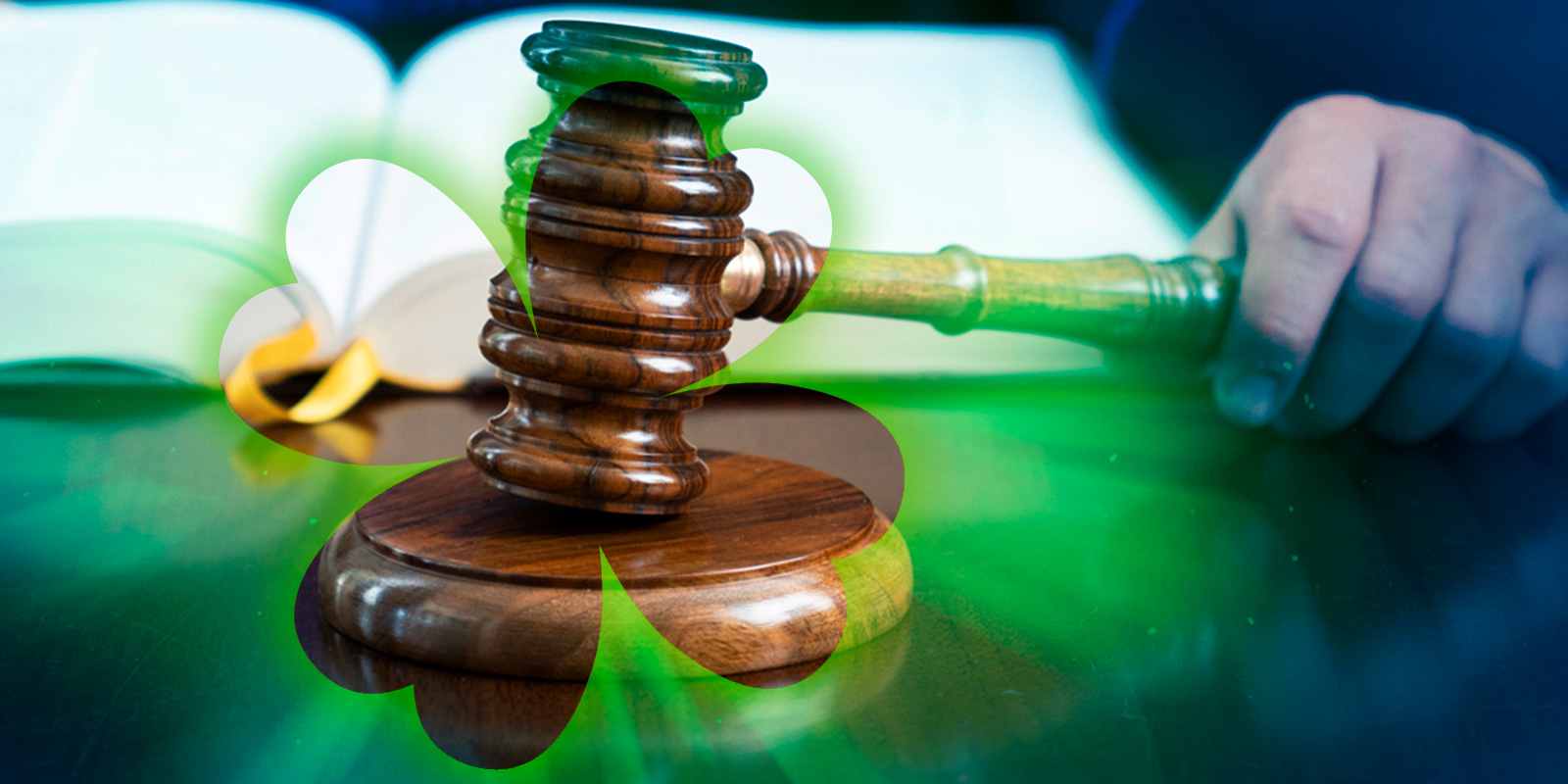
A Lucky Day for Lucky Brand: U.S. Supreme Court Rejects Second Circuit's Defense Preclusion Test
The Court rules in favor of Lucky Brand Dungarees, Inc. in a decades-long trademark dispute with Marcel Fashions Group, Inc.
In a unanimous opinion, the U.S. Supreme Court ruled in favor of jeans manufacturer, Lucky Brand Dungarees, Inc. ("Lucky"), in its protracted trademark battle with Marcel Fashions Group, Inc. ("Marcel"), holding that Lucky was not precluded from raising an unlitigated defense from a prior action and rejecting the Second Circuit’s new "defense preclusion" doctrine. Lucky Brand Dungarees, Inc., et al. v. Marcel Fashions Group, Inc., Case No. 18-1086.
In 2003, Marcel and Lucky settled Marcel’s infringement claims regarding its "GET LUCKY" mark, with Lucky agreeing to stop using the phrase "Get Lucky" and Marcel agreeing to release any claims related to other trademarks used by Lucky as of the date of the agreement. In 2005, Lucky sued Marcel for infringement of Lucky’s trademarks, and Marcel counterclaimed for continued infringement of "GET LUCKY," including use of other LUCKY-formative marks (the "Lucky Marks") in connection with "Get Lucky." The district court denied without prejudice Lucky’s motion to dismiss Marcel’s counterclaims on the basis that they were barred under the 2003 settlement. Lucky did not renew this settlement agreement defense again in that lawsuit.
In 2011, Marcel sued again, alleging that Lucky’s continued use of the Lucky Marks alone infringed Marcel’s "GET LUCKY" mark. The district court granted Lucky’s motion to dismiss based on its revived defense that the 2003 settlement barred Marcel’s claims. The Second Circuit vacated, holding that "defense preclusion" prohibited Lucky’s defense and set out a four-part test for determining when a prior, unlitigated defense could be barred.
On May 14, 2020, the Supreme Court vacated and remanded. The Court rejected the Second Circuit’s novel defense preclusion test, holding that defense preclusion is not "a standalone category of res judicata," and thereby does not warrant special rules "unmoored from the two guideposts of issue preclusion and claim preclusion." Given that "the 2011 Action involved different marks, different legal theories, and different conduct—occurring at different times," the 2005 and 2011 suits lacked a "common nucleus of operative facts" necessary for claim preclusion. Accordingly, Lucky was not barred from asserting its settlement agreement defense.
As Justice Sotomayor recognized in delivering the opinion, correct application of res judicata is especially important in the trademark context "where the enforceability of a mark and likelihood of confusion between marks often turns on extrinsic facts that change over time." The Court reiterated Lucky Brand’s point that "liability for trademark infringement turns on marketplace realities that can change dramatically from year to year." The rules of claim preclusion must be applied uniformly, so that no party can "get lucky."




